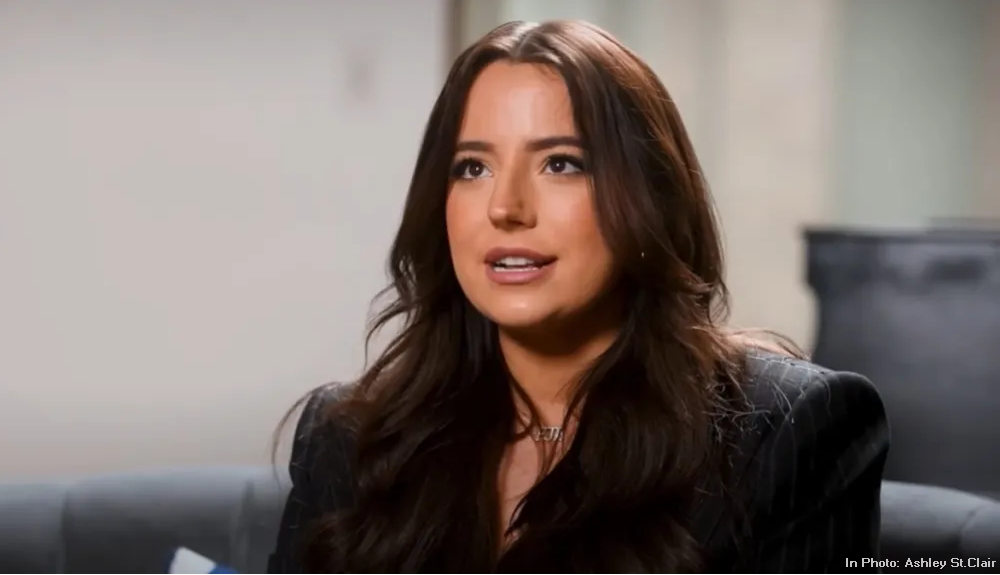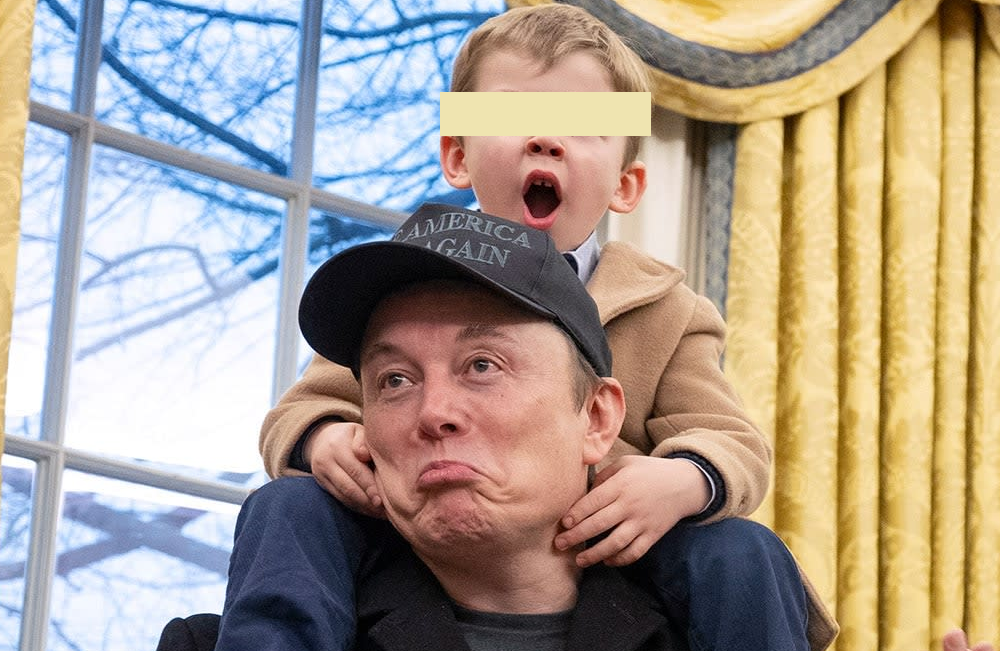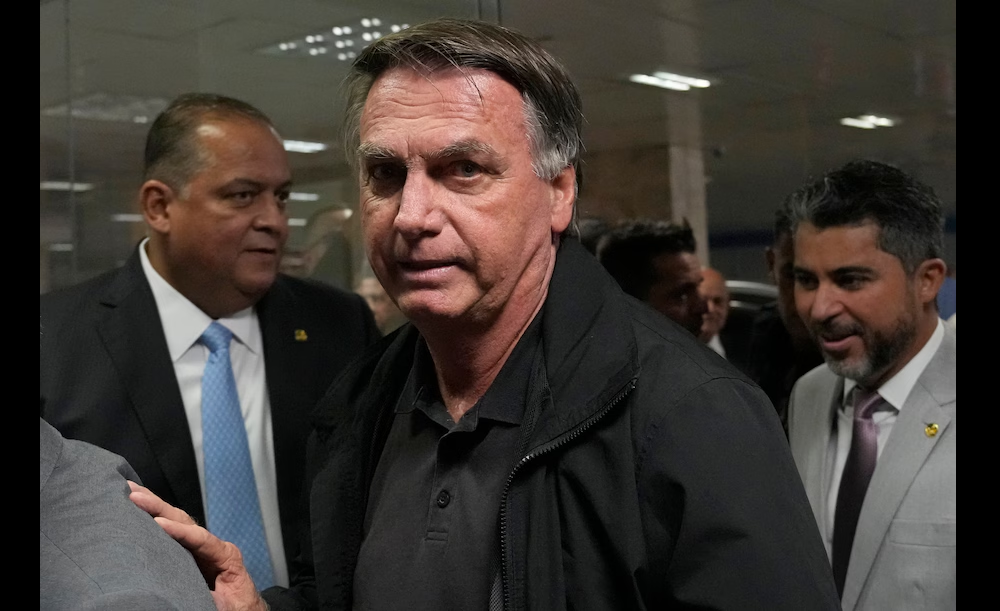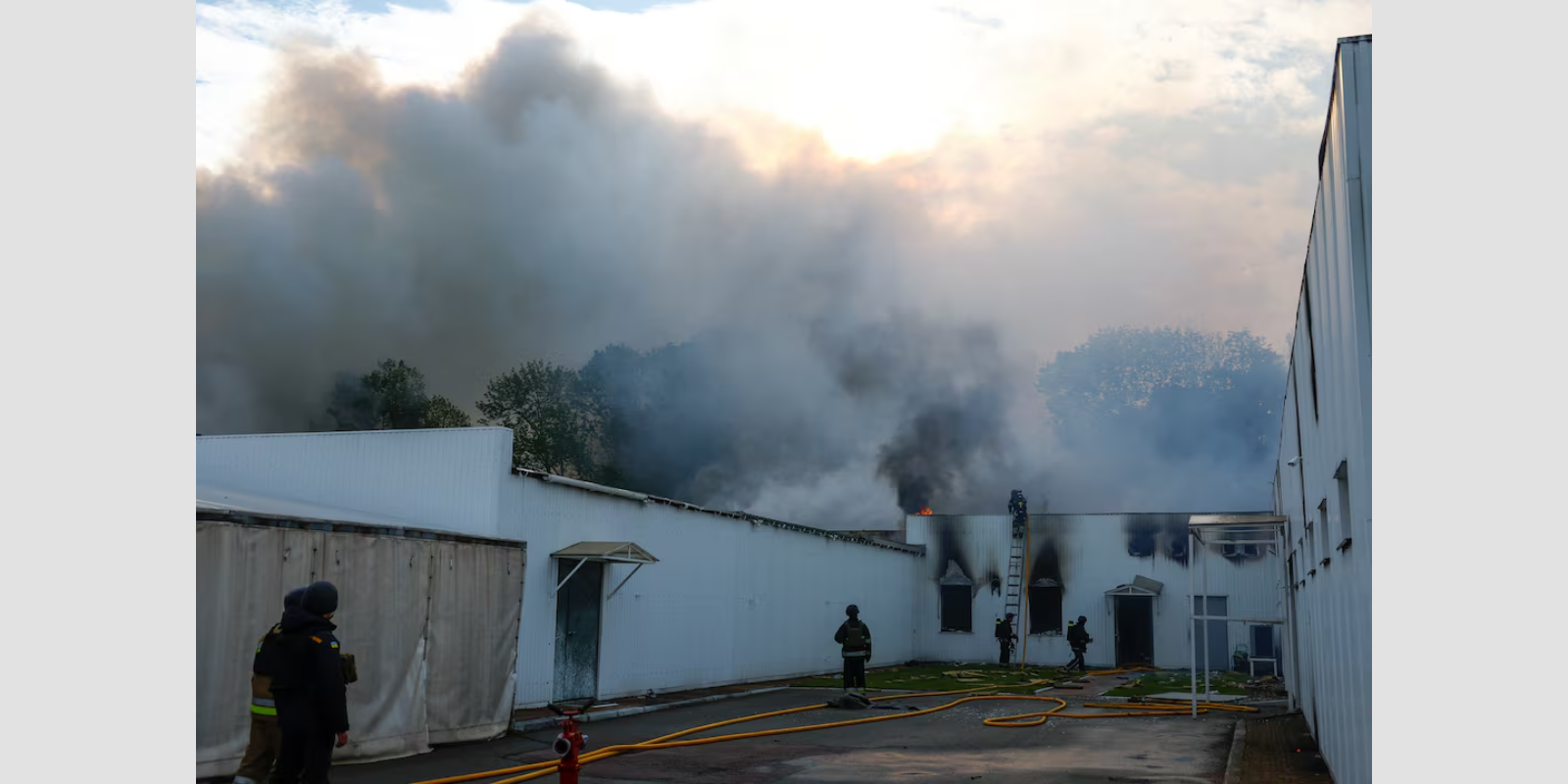The French president’s arrival on British shores this week — the first full state visit afforded to a French president since Nicolas Sarkozy in 2008 — is a significant marker of friendship after years of bad blood between the two countries. | POOL photo by Christophe Ena/AFP via Getty Images
“Our two countries have a special responsibility for the security of the continent,”
the French president said in an address to both Houses of Parliament.
Politico July 8, 2025 By Esther Webber and Clea Caulcutt
LONDON — French President Emmanuel Macron said the Anglo-French partnership is entering a new era in which both France and the United Kingdom have a “special responsibility” to safeguard European security.
In an address to both U.K. Houses of Parliament on the first day of his state visit — the first afforded to any European leader since Brexit — Macron said it was up to both London and Paris to “defend the international order” in the tradition of wartime British leader Winston Churchill.
He made the call amid what he called the flouting of “international rules by destabilizing powers” which are “attempting to divide up the world to their advantage.”
“Our two countries have a special responsibility for the security of the continent,” Macron said. “What is at stake today in Europe is our ability to shoulder the responsibility to ensure our continent’s security ourselves to a greater extent.”
The French president has long called on Europe to seek more “strategic autonomy” and become less reliant on the United States, especially when it comes to European defense — a push that has times excluded the U.K.
But Macron’s call for Europe to “derisk” may fall on deaf ears in Westminster, with the U.K. still firmly attached to the special relationship with Washington under Donald Trump.
“We need to derisk our society and economies … We need to derisk excessive dependencies towards the U.S. and China,” he told lawmakers. Macron, however, added that he didn’t put China and the United States in the same basket.
Red carpet treatment
Macron spoke at Westminster after he and his wife Brigitte were earlier welcomed to Windsor by the King and Queen, where they led a carriage procession and had lunch in Windsor Castle. Macron’s trip is the first state visit since King Charles took the throne, and both the palace and Downing Street have rolled out the red carpet.
Ukrainian President Volodymyr Zelenskyy has addressed the U.K. parliament twice despite not being afforded a full state visit, while Donald Trump did not give a speech at Westminster during his 2019 state visit.
Macron used the address to underline his commitment to the “coalition of the willing,” the initiative spearheaded by the U.K. and France to protect any Ukrainian ceasefire, which the French president described in his speech as a “signal that Europeans will never abandon Ukraine.”
He also said European leaders needed to call for a ceasefire in Gaza without any conditions in order to demonstrate that “there is no double standard” when it comes to the Middle East, specifying that working towards the recognition of Palestinian statehood is “the only path to peace.”
That’s a bold message in the U.K., which has shied away from such a move. Questioned by MPs on the subject Tuesday, British Foreign Secretary David Lammy said only that he “hoped” Palestinian statehood would be part of any peace process.
France’s first couple will return to Windsor Tuesday evening for a state banquet. Macron will hold bilateral talks with Prime Minister Keir Starmer Wednesday, with tackling illegal cross-Channel migration expected to feature.
Addressing one of the toughest challenges facing the British premier, Macron promised further cooperation to combat the issue, saying: “We cannot allow our country’s rules for taking in people to be flouted in criminal networks to cynically exploit the hopes of so many individuals with so little respect for human life.”
Discussions of a so-called “one in, one out” migration deal between the two countries are ongoing, according to officials.
Macron also announced that France will loan the famed Bayeux Tapestry to the British Museum from next year, quipping that “it took probably more years to deliver this project than all the Brexit texts.”
The Starmer-Macron bromance has a Donald Trump problem
London will roll out the red carpet for the French president this week in a state visit. But cracks are starting to show over how to handle the mercurial U.S. president.
Politico July 7, 2025 By Esther Webber and Clea Caulcutt
LONDON — Keir Starmer and Emmanuel Macron have come a long way in mending ties between their two countries — but there’s someone getting in the way.
The French president’s arrival on British shores this week — the first full state visit afforded to a French president since Nicolas Sarkozy in 2008 — is a significant marker of friendship after years of bad blood between the two countries.
The two leaders have warmed to each other since Starmer took the reins in Downing Street, with the prime minister pushing to ease longstanding tensions between the United Kingdom and France, as well as the wider European Union.
Their meeting this week promises much: closer cooperation on defense, a new agreement on tackling migration flows across the English Channel and progress on nuclear collaboration, not to mention a stay at King Charles’ Windsor Castle for France’s president and first lady.
But beyond the backslapping and handshakes, hairline cracks have started to appear in the cross-Channel bromance.
London and Paris have so far coordinated closely to try to keep Donald Trump in the room for Ukraine peace talks. With progress stalled, British and French officials are now letting slip some annoyance at how the other side has chosen to handle the mercurial U.S. president.
“There has been a clear, tactical decision from No. 10 to have difficult conversations in private,” said one British former senior diplomat, granted anonymity like others in this piece to speak candidly. “That’s not so much Macron’s style.”
‘Shameless but necessary’
Peter Ricketts, a former British ambassador to France, said: “The big picture is a really big improvement in the relationship since the difficult days of [Conservative Prime Ministers] Boris Johnson and Liz Truss, when [it was] really in a pretty bad state.”
All the same, he acknowledged the existence of “passing tensions” between the pair.
François-Joseph Schichan, a former French diplomat and a director at consultancy Flint Global, agreed this week should be seen as “a summit of reconciliation,” but acknowledged there would nonetheless be “differences on issues, on how to deal with Trump.”
As one French academic with links to Macron put it, the British premier is “much more cautious” when it comes to dealing with the White House.
The same former British diplomat quoted above said Macron had “done some stroking but not as much as we have” when it comes to Trump’s ego. They described Starmer’s softly-softly strategy in dealing with the president as “shameless but necessary.”
Macron has shown himself more willing to undercut Trump, visiting Greenland in a show of solidarity and drawing the U.S. president’s ire by suggesting to reporters that Trump was leaving the G7 early to negotiate a ceasefire between Israel and Iran. In public, Starmer and Trump have been all smiles.
Trade wars
In particular, Macron is thought to be unhappy at the deal struck between Starmer and Trump to mitigate U.S. tariffs on U.K. goods, while France remains subject to the penalties imposed on the EU.
“There are still details to be negotiated” on the U.K.-U.S. deal, noted Schichan. “I expect Macron will put pressure on Starmer not to accept all of Trump’s demands and to present a united European front,” when the 90-day freeze on U.S. tariffs expires on Wednesday.
An official from Macron’s Renew party went further. They claimed that the British had given the impression “they are ready to sell their soul for a deal with the U.S.” which had even prompted Europeans to conclude “they are not sincere in talks with us [the EU].”
A British diplomat responded to the suggestion London had been overly subservient to Washington with a large eye-roll emoji.
Coalition drift
Perhaps more seriously, there are also hints of tension in the pair’s efforts to preserve Ukraine ceasefire negotiations.
Two French officials admitted there was a lack of direction for the “coalition of the willing” and suggested part of the problem was the importance given by the U.K. to security guarantees from the U.S., which have so far not materialized.
Eager to head off such misgivings, Downing Street has now scheduled a meeting of the coalition during Macron’s visit.
In turn, some in London accuse Macron of having one eye on his own legacy in his international postures as he nears the end of his time in office. One official familiar with E3 talks on Iran said Macron had been attempting to prove himself as a “peacemaker” during those negotiations.
Elsewhere, simmering resentments remain: over the deal on fisheries extracted by the French during U.K.-EU “reset” negotiations and the difference in approach to illegal Channel crossings. While the under-pressure U.K. government is consistently pushing for tougher measures on the French side, France sees it as an EU-wide matter and not just a bilateral one.
These tensions are likely to remain firmly under the surface for the duration of Macron’s visit in a festival of Anglo-French bonhomie. Allies on both sides point out that the two leaders have a genuinely warm relationship.
As the same academic quoted above said: “They have different styles but they are like-minded. In that regard they both need each other.”☀
Dan Bloom contributed to this report.







